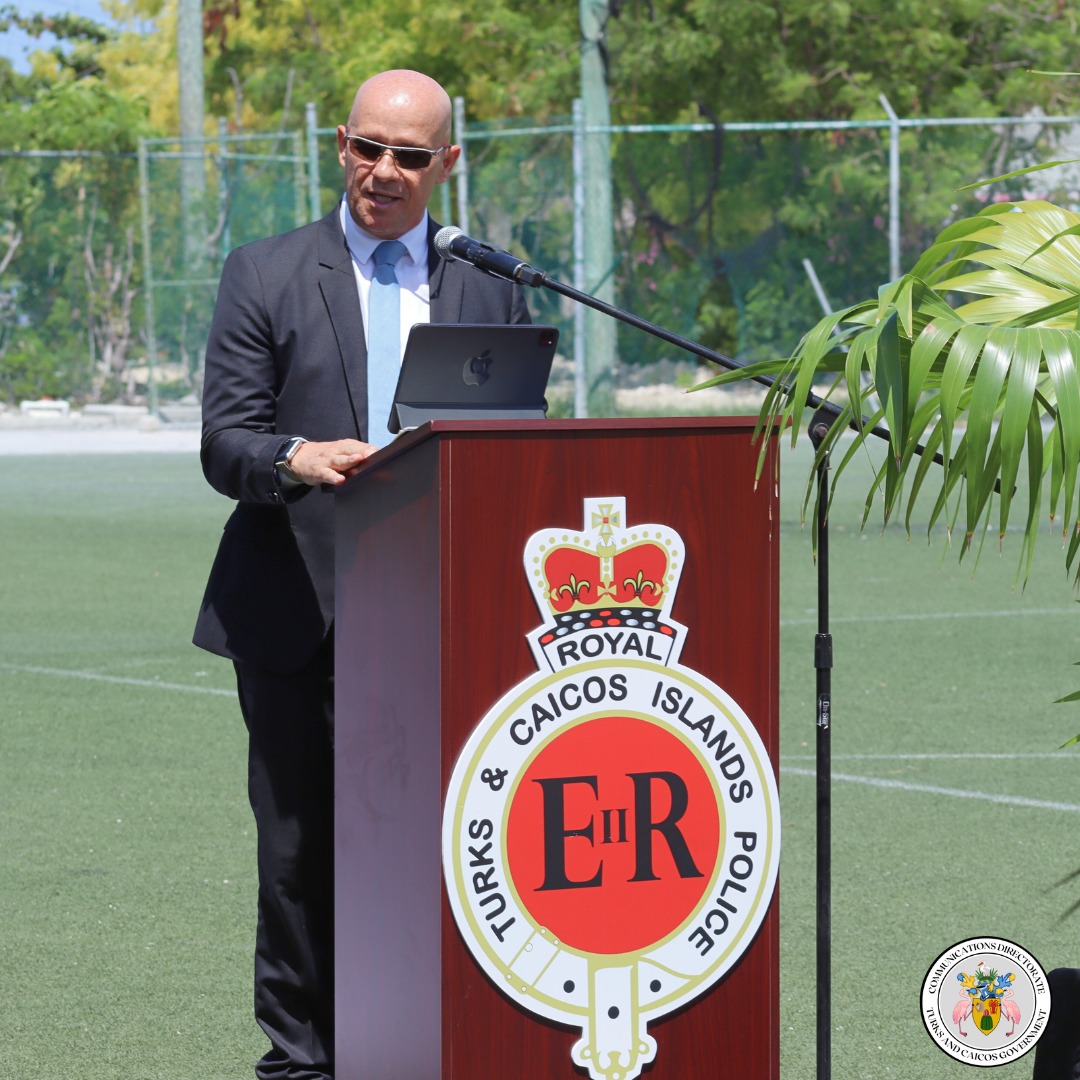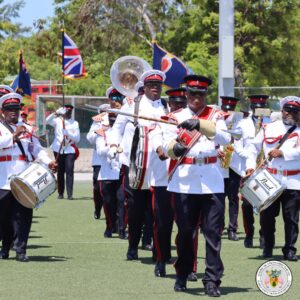Government
New Date for Census, Cabinet Extends timeline

Government
MINISTRY OF HEALTH AND HUMAN SERVICES DELEGATION VISITS WEST MIDLANDS AMBULANCE SERVICE IN BIRMINGHAM, UK
Government
On Monday, PDM to reveal its General Election slate
Government
TCI Public weighs in on New PC Edvin Martin
-
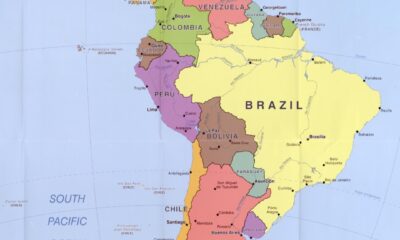
 Latin America and Caribbean1 week ago
Latin America and Caribbean1 week agoRegional SDGs Update
-
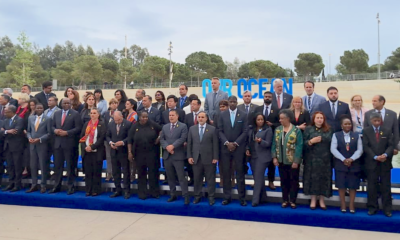
 Bahamas News1 week ago
Bahamas News1 week agoEnvironment State-Minister updates ‘Our Ocean’ forum on The Bahamas as SIDS leader in sustainable tourism
-

 Crime1 week ago
Crime1 week agoFollowing Court ruling, US Embassy Doubles Down on Warning: DO NOT TRAVEL TO TCI WITH GUNS, AMMO
-
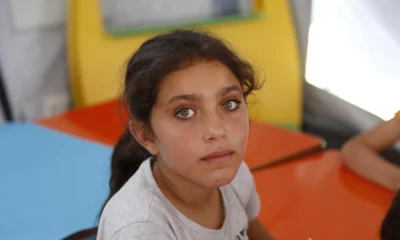
 TCI News2 days ago
TCI News2 days agoRegional SDGs Update; 22% to be reached by 2030
-
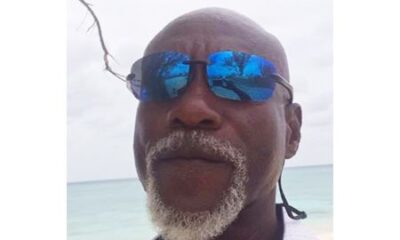
 Crime1 day ago
Crime1 day agoUnlocking Perspectives: Serious Tourist Incidents unveiled in TCI
-
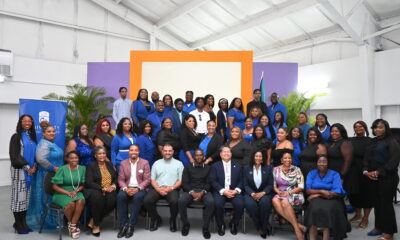
 Bahamas News1 week ago
Bahamas News1 week agoPacesetting Cohort of Eleuthera Residents Graduate from Leading Light Programme
-
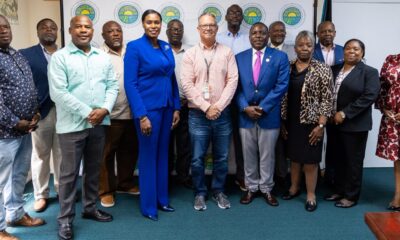
 Bahamas News1 week ago
Bahamas News1 week agoNassau Cruise Port Donates Nearly $2 Million Towards Food Security
-

 Caribbean News1 week ago
Caribbean News1 week agoRBC appoints new Head of Caribbean Banking










